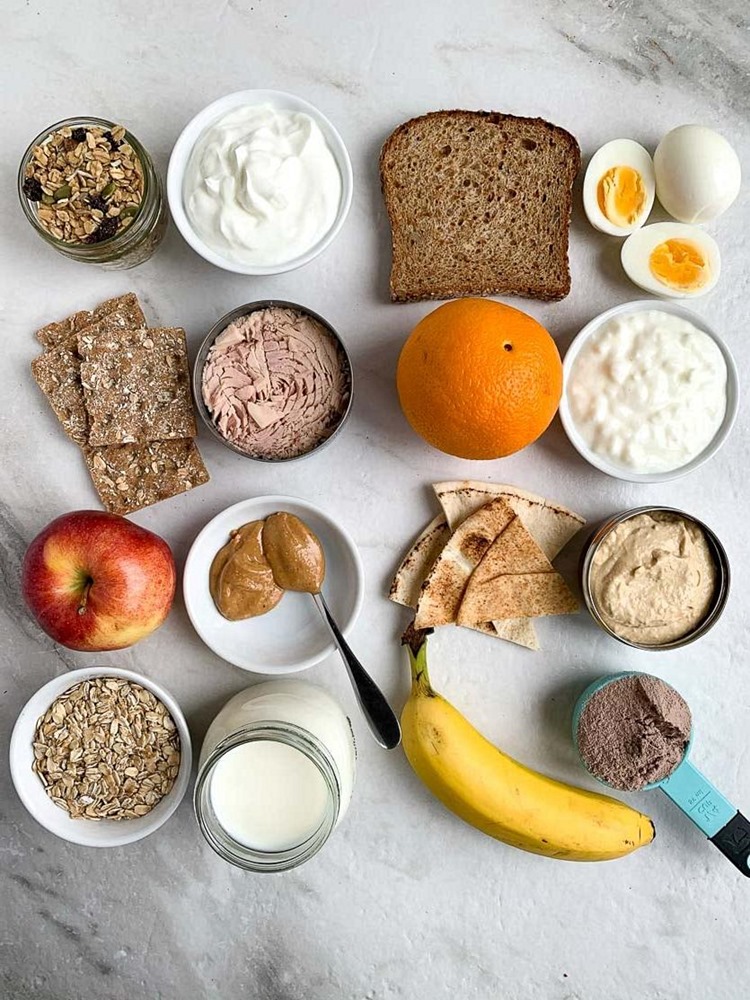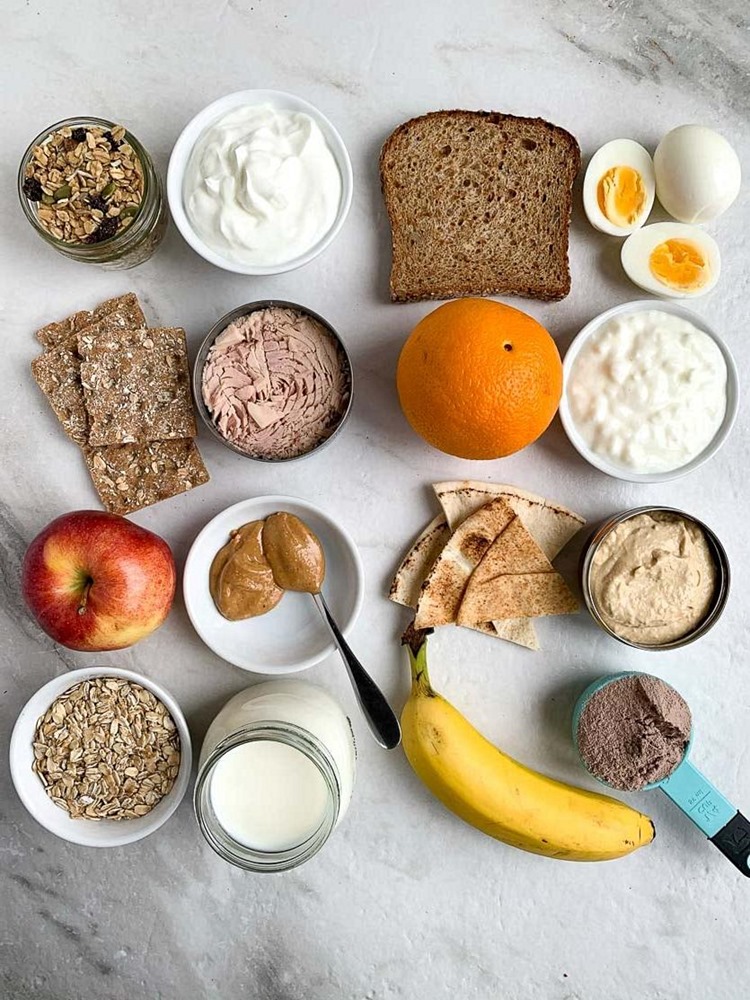Last Updated on: 18th December 2024, 12:27 pm
Post-workout nutrition is crucial for recovery and muscle growth. Consuming the right balance of proteins, carbohydrates, and fats helps repair muscles and replenish energy. The optimal time to consume these nutrients is immediately after a workout, as muscles are most receptive to nutrient absorption during this period.
Proper post-workout nutrition aids in faster recovery and enhances future performance. It supports long-term health by reducing the risk of injury and fatigue. Mastering post-workout meals is essential for building a strong foundation for health and fitness.
Navigating the Post-Workout Meal

The Science of Muscle Recovery
Muscle recovery involves muscle protein synthesis, which repairs exercise-induced muscle tears. Proteins are essential for this process, transforming gym efforts into strength gains.
Carbohydrates replenish glycogen levels, the primary energy source for training. Adequate carb intake is necessary for effective recovery and performance.
Hydration is vital for recovery, as water facilitates nutrient transport and metabolic functions. Proper hydration is crucial for optimal performance and recovery.
- Proteins are essential for muscle repair.
- Carbohydrates replenish glycogen stores.
- Fats support recovery and hormone regulation.
Macronutrients: What You Need and Why
Proteins rebuild muscle fibers, crucial for recovery and strength. Without enough protein, recovery is slow, and gains are limited.
Carbohydrates fuel recovery, enabling muscle repair and preparation for future workouts. Insufficient carbs can lead to fatigue and poor performance.
Fats aid in hormone regulation and nutrient absorption, supporting overall health and recovery.
The Best Foods for Post-Workout Recovery
- High-quality protein sources: Lean meats, fish, eggs, tofu, and legumes.
- Fast-acting carbohydrates: Rice, pasta, and fruits.
- Healthy fats: Avocado, nuts, and seeds.
- Micronutrients and antioxidants: Vegetables and fruits rich in vitamins, minerals, and antioxidants.
Combining these components in your post-workout meal enhances recovery and prepares your body for future challenges. This balance fuels recovery and supports peak performance and health.
Timing Your Post-Workout Meal for Maximum Benefit
The anabolic window suggests a period post-exercise when nutrient absorption is maximized. While opinions vary, consuming a meal within 45 minutes to an hour post-workout is generally recommended. This timing supports recovery by replenishing energy and initiating muscle repair.
Adjust meal timing based on workout intensity. After intense sessions, prioritize a mix of proteins and carbohydrates soon after. This approach ensures optimal nutrient intake for recovery.
Listen to your body and adjust meal timing to align with exercise demands, optimizing recovery and muscle resilience.
Supplements vs. Whole Foods in Post-Workout Recovery

The Pros and Cons of Supplements for Recovery
- Convenience: Supplements are quick and designed for optimal absorption.
- Cost: They can be expensive and may lack the full spectrum of nutrients found in whole foods.
- Completeness: Whole foods provide additional micronutrients that supplements may miss.
When to Choose Supplements Over Whole Foods
- Time-Saving: Supplements are ideal when short on time or not ready for a full meal.
- Practicality: They offer immediate nutrition, especially after intense workouts.
Integrating Supplements with Whole Foods for Comprehensive Recovery
For comprehensive recovery, use a hybrid approach. Pair a protein shake with a banana to combine the benefits of supplements and whole foods, ensuring a full spectrum of nutrients for muscle repair and overall health.
Customizing Your Post-Workout Meal Plan

Assessing Individual Needs
Customize post-workout nutrition based on individual needs, considering:
- Body Type: Varies from person to person.
- Fitness Goals: Can range from muscle gain to improved endurance.
- Dietary Restrictions: Such as veganism or gluten intolerance.
Examples of Post-Workout Meals for Different Athletes
- Strength Athletes: Lean protein (chicken or tofu), quinoa, and vegetables.
- Endurance Athletes: Banana smoothie with a scoop of peanut butter.
- Dietary Restrictions: Plant-based proteins and gluten-free grains.
Adjusting Your Meal Plan
Adapt your meal plan as training or goals change. This dynamic approach ensures your diet supports your fitness journey, optimizing recovery and helping achieve your goals.
Summing Up
Strategic nutrition enhances recovery and supports long-term health. Understanding macronutrient balance and timing optimizes post-workout recovery and performance. Combining whole foods and supplements, tailored to individual needs, provides a comprehensive approach to post-exercise nutrition. Use this knowledge to build a stronger, more resilient body, ready for future challenges.

